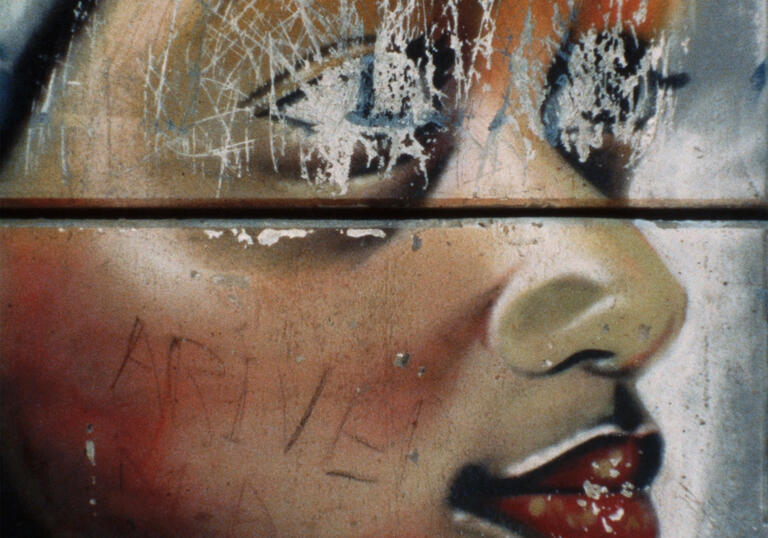
Booking fees
£1.50 booking fee per online/phone transaction.
No fee when tickets are booked in person.
Booking fees are per transaction and not per ticket. If your booking contains several events the highest booking fee will apply. The booking fee may be reduced on certain events. Members do not pay booking fees.
Biographies
Christopher Harris makes films and video installations that read African American historiography through the poetics and aesthetics of experimental cinema. Often drawing on archival sounds and images, his work features staged re-enactments, hand-cranked cameras, rear-projection, close-focus cinematography, re-photography, photochemical manipulations, and screen captured video, among other strategies. Like his production techniques, his influences—among them Black literature, various strains of North American avant-garde film, and most significantly, all forms of Black music—are eclectic. Working through incongruity and slippages, between sound and image, between past, present and future, and between absence and presence, his films, like the music from which they take inspiration, embody the existential complexities and paradoxes of racialized identity in the U.S. His films have appeared widely at festivals, museums and cinematheques, including solo screenings at the 2024 Whitney Biennial, the Museum of Modern Art, the Academy Museum of Motion Pictures, the Locarno Film Festival, and Arsenal Berlin, among many others. Harris is Professor of Visual Arts at Princeton University’s Lewis Center for the Arts.
Kodwo Eshun is a filmmaker, theorist and artist, based in London. His research interests include art, critical theory, post-war liberation movements, modern and contemporary musicality, cybernetic theory, the cinematic soundtrack and archaeologies of futurity. He teaches at the Centre for Research Architecture at the Department of Visual Cultures, University of London and he is co Director of The Otolith Collective.
In 2002, he founded The Otolith Group together with Anjalika Sagar. They are interdisciplinary artists working internationally for over two decades with a pluralistic body of forms including, installation, publication, performance, photography and video. Their practice observes methods of research that manifest as distinct cosmogonies that see and hear across media.
The Otolith Group has grown as a collaborative platform that seeks to rethink the dynamics of cultural production under conditions of accelerated, unstable and precarious global conditions. Films, art works, exhibitions, curated programmes, and publications are collectively conceived, and research forms the basis of the practice. The Otolith Group were nominated for The Turner Prize in 2010 and have exhibited internationally since 2002.
Explore our Concrete Garden this spring
Retreat from the noise of the city with a season of growth and transformation
Cinema 2
Location
Barbican Cinema 2 & 3 are located on Beech Street, a short walk from the Barbican’s Silk Street entrance. From Silk Street, you’ll see a zebra crossing that will take you across the road to the venue.
Address
Beech Street
London
EC2Y 8DS
Public transport
The Barbican is widely accessible by bus, tube, train and by foot or bicycle. Plan your journey and find more route information in ‘Your Visit’ or book your car parking space in advance.





